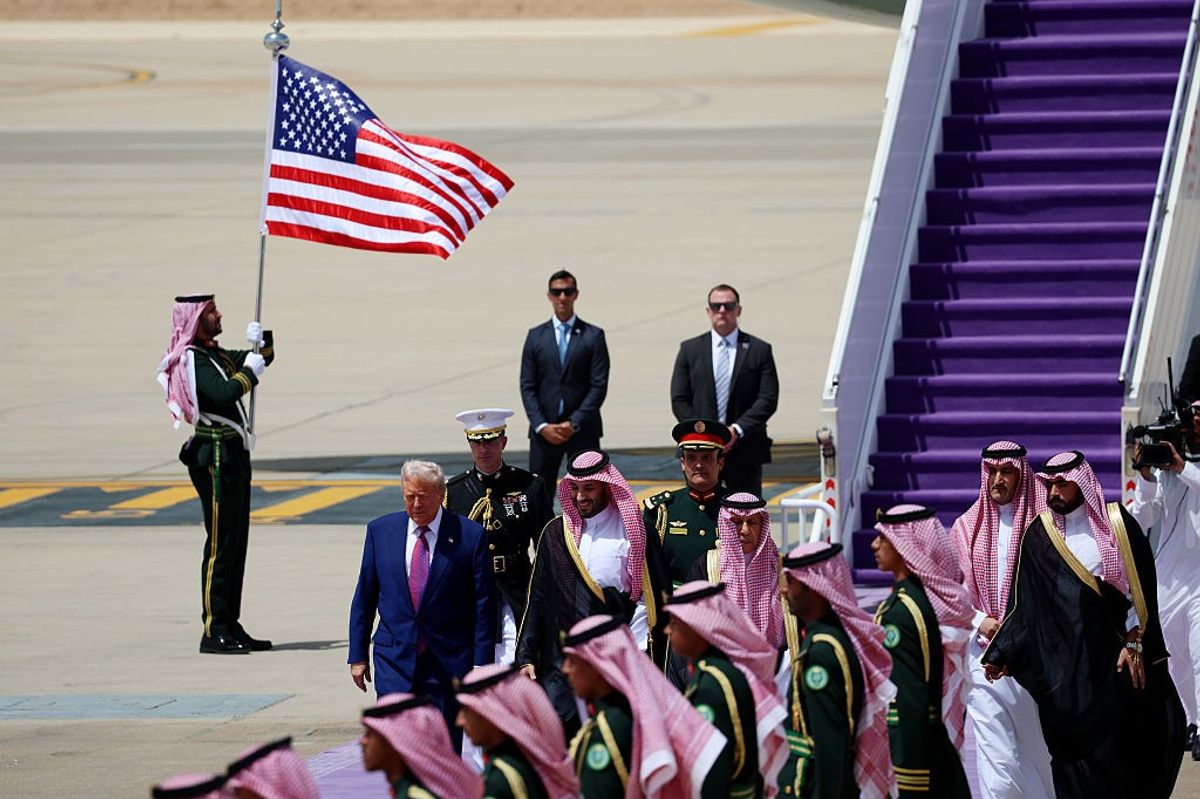Secretary of Defense Ash Carter on Wednesday announced shakeups to the Pentagon’s tech-sector outreach, with a new outpost in Boston and major changes for the original Silicon Valley office.
The Department of Defense’s Silicon Valley hub, known as the Defense Innovation Unit-Experimental (DIUx), will be joined by a sister office in Boston, Carter said during his speech in Mountain View, California. And that won’t be the last outpost for DIUx — the Pentagon’s startup project will be a “nationwide release,” Carter said. Dubbing the restructuring “DIUx 2.0,” the secretary also said the unit will be getting new leadership that will report directly to him.
DIUx officially opened its doors in Silicon Valley last August with the aim of bridging the gaps between the DoD and tech companies on the West Coast. The unit, a DoD experiment that essentially serves as the Pentagon’s embassy to Silicon Valley, tries to act as a guide between the DoD and companies in the tech ecosystem. According to Carter, the DIUx team has made connections with more than 500 entrepreneurs and firms and created a funding pipeline for nearly two dozen technology projects since it started eight months ago.
“We’re taking a page straight from the Silicon Valley playbook. We’re iterating, and rapidly, to make DIUx even better,” Carter said during his Wednesday announcement. “As a result of all this great experience and in view of technology’s and the world’s imperative to stay agile, today we’re launching DIUx 2.0. … We’re not just iterating, we’re scaling.”
The so-called DIUx 2.0 effort will be a “test-bed for new kinds of contracting with startup firms,” according to Carter. Key to its success will be the outposts’ work to quickly execute time-sensitive acquisition programs.
“They’ll move at the speed of business — we know how fast companies run here and in other tech hubs around the country, and we expect DIUx 2.0 to run alongside of them,” Carter said.
The Pentagon is also “upgrading DIUx's processing power,” as Carter put it, and using the unit to “exercise all avenues to fund promising technologies, including merit-based prize competitions, incubator partnerships, and targeted R&D efforts.”
“In our budget for the coming year, we've requested $30 million in new funding to direct towards non-traditional companies with emerging commercially-based technologies that meet our military's needs,” he told the crowd at DIUx headquarters. “With co-investment from the military services, this number is really just a starting point.”
The third reshuffle for the innovation push is in personnel, with Raj Shah coming on board as managing partner to replace DIUx director George Duchak. Shah, senior director of strategy at Palo Alto Networks and a National Guardsman and F-16 pilot, will head up DIUx’s new partnership-style leadership structure, while Duchak will depart to expand innovation practices in other areas of the DoD’s research and engineering work.
Also coming on board the leadership team will be Google’s Isaac Taylor, Vishaal Hariprasad, an Air Force Reserve captain who co-founded a cyber security startup and Chris Kirchhoff, director of strategic planning at the National Security Council. “Here, we’re taking yet another page from the Silicon Valley playbook, making leadership structure at DIUx as flat as any company here,” Carter said.
And they’ll be joined by “a first-of-its-kind reserve unit” at DIUx, the secretary announced. The reservists will be led by Doug Beck, a reserve Naval commander and Iraq and Afghanistan combat veteran who is a vice president at Apple.
“America's reservists, our citizen soldiers, can provide unique value in this field, as they do in so many areas, given the fact that many of these patriots are tech industry leaders when they're not on duty for us in DoD,” Carter said.
Along with DIUx’s new leadership model, another big shift will be in how DIUx connects to operations back in the Pentagon. “Going forward, DIUx will report directly to me,” Carter said.
“I can't afford to have everybody do that, but this is to signify the importance I attach to this mission, and also the importance of speedy decision-making,” he said.
Carter noted he has also directed DIUx to work with DoD’s rapid acquisition cells and R&D community to “maximize the rapid uptake of promising technology.”
Carter has made investing in partnerships with the country’s private-sector and technology communities a focus of his time at the helm of the Pentagon, and at a speech on April 28 to the Business Executives for National Security called out “Boston, Silicon Valley, Austin, Seattle” and northern Virginia in particular as examples of innovation hubs. The secretary visited Boston in early April to announce a multimillion dollar manufacturing and technology initiative focused on revolutionary fibers and textiles.
This week’s trip, meanwhile, marked Carter’s fourth visit to Silicon Valley since becoming secretary.
Mackenzie Weinger is a National Security Reporter at The Cipher Brief.











